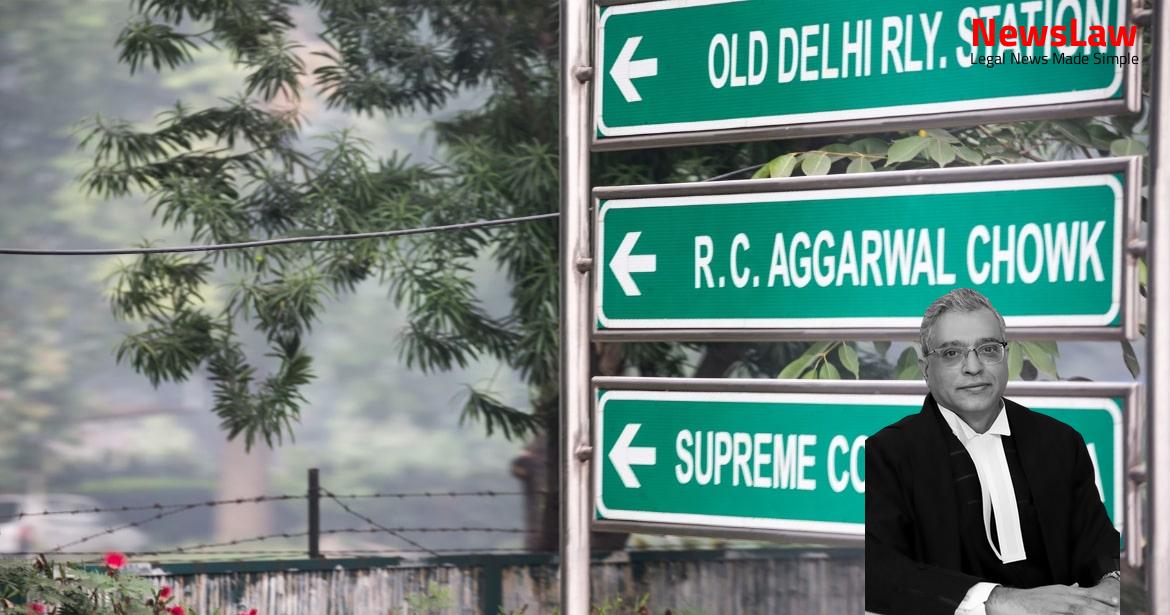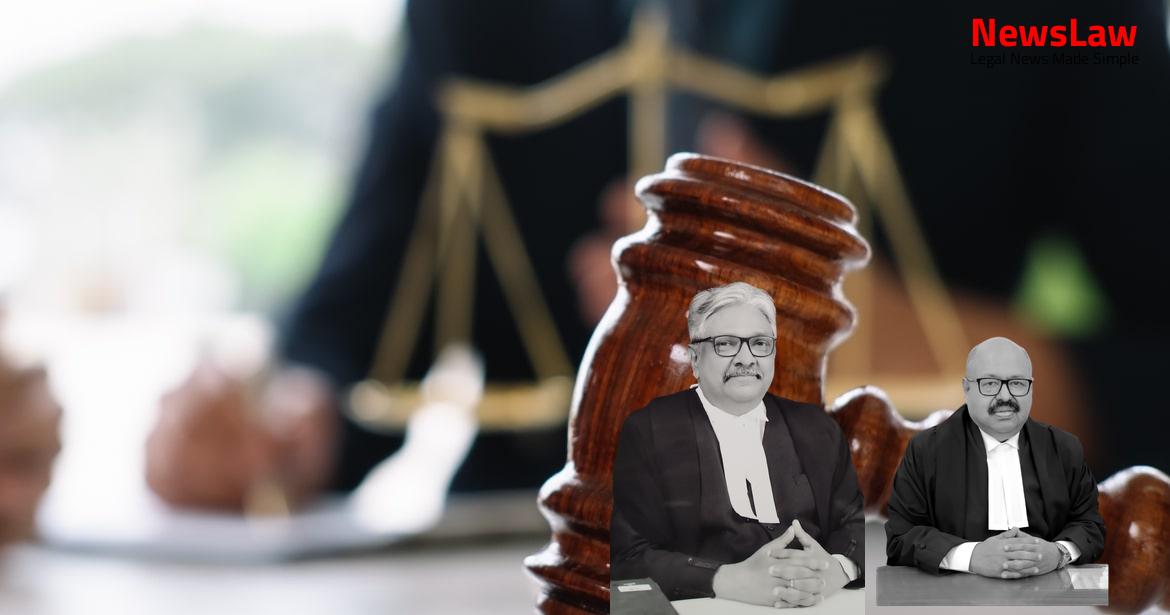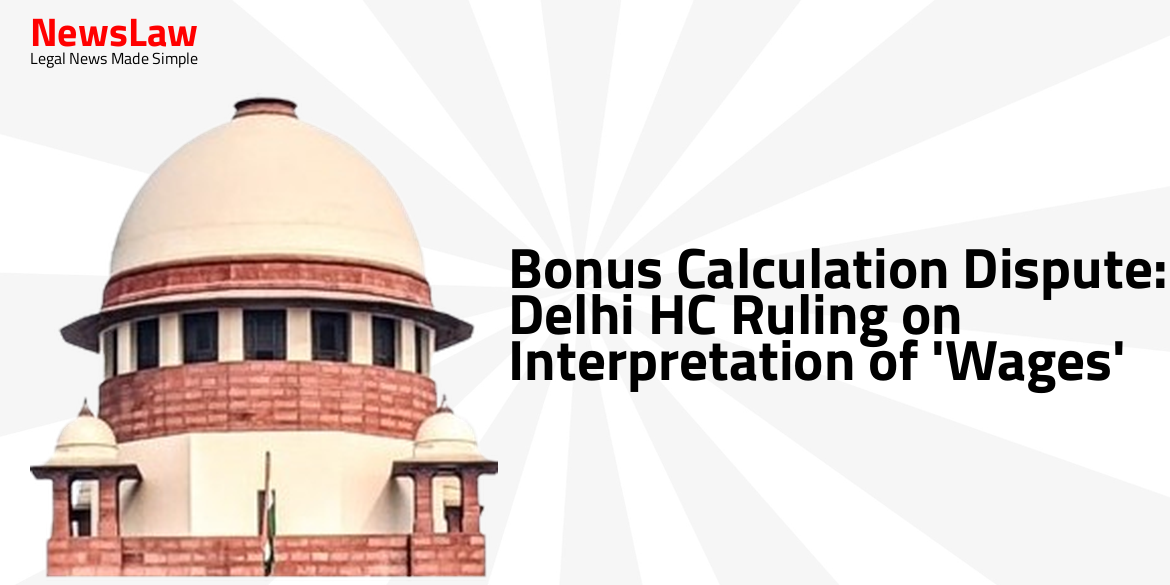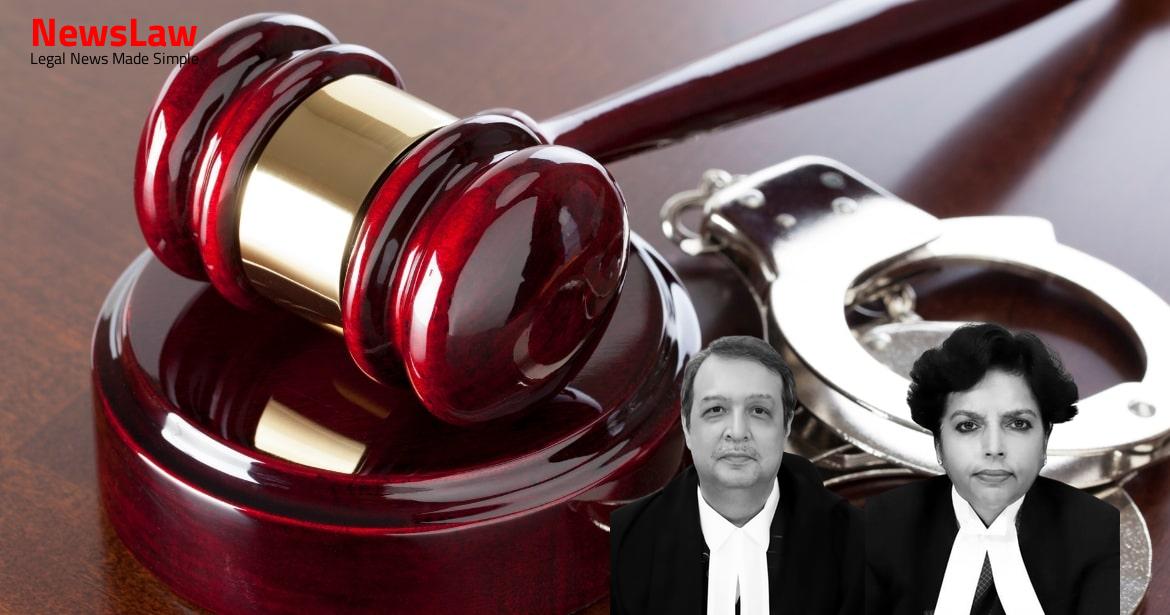Explore the detailed legal analysis conducted by the court in determining whether vacancies should be filled according to old or new rules in public post appointments. The case delves into the application of rules pre and post amendment, providing insights into the constitutional provisions and the principles governing government employment. Stay tuned to unravel the complexities of rule interpretation in filling vacancies.
Facts
- The High Court of Himachal Pradesh allowed the writ petition filed by Respondents no. 1 to 3, directing the State to consider their case for promotion under the rules that existed when the vacancies arose.
- The High Court’s decision was based on the precedent set by the Supreme Court in the case of Y.V. Rangaiah v. J. Sreenivasa Rao.
- The direct recruit appointees, Respondents No. 4 to 6, also filed a Special Leave Petition which was granted after leave.
- The State of Himachal Pradesh challenged the decision of the Division Bench by filing a Special Leave Petition before the Court.
- The Civil Appeal arose from the grant of leave on 08.11.2011.
- The High Court allowed the Writ Petition based on the decision in Y.V. Rangaiah v. J. Sreenivasa Rao.
Also Read: Clarification on Advertisement for Lecturer Post in Home Science
Issue
- The issue at hand pertains to whether vacancies that occurred before the promulgation of new rules should be filled according to the old rules or the amended rules.
- The main question is regarding the applicability of the old rules versus the new rules in filling vacancies for public posts.
- It needs to be clarified whether appointments made to positions that became vacant before the amendment of the rules should follow the provisions of the old rules or the newly amended rules.
Also Read: Judicial Review of Administrative Actions in Educational Matters
Arguments
- Petitioner argued that the inter-departmental letter dated 20.07.2006 cannot be viewed in isolation but as part of a larger policy to restructure the cadre.
- They contended that the recruitment exercise by the State was based on state policy considerations, which the High Court overlooked.
- The creation of new posts before the promulgation of the New Rules was not supported by any Governmental Policy regarding retrospective applicability of the New Rules.
Also Read: Scope of Rule-Making Power in Disciplinary Proceedings
Analysis
- The Court has held that posts vacant before the rules amendment are governed by the original rules, not the amended ones.
- The appointment for the post of Sub-Registrar Grade II will follow the new rules on a zonal basis, not a state-wide basis.
- Administrative heads are not solely responsible for the functioning of the post and telegraph service.
- Recommendations were accepted and Respondents were appointed.
- Vacancies pre-amendment are governed by old rules, not amended ones.
- The Rules of 1978 prescribe the promotion process.
- The observation in Rangaiah’s case regarding pre-amendment vacancy rules is questioned.
- Offer and acceptance are key in every case.
- Constitutional safeguards are provided under Article 309 and Article 311 for employees.
- Recruitment for Labour Officer positions under the HP Labour and Employment Department rules is through promotion and direct recruitment in specific ratios.
- Mandatory rules existence leads to appointments being made adhering to those rules unless shown the power to relax by the appointing authority.
- No identified vested rights of employees have been mentioned in the reviewed cases.
- The question arises on filling vacancies post rules amendment according to the amended rules or previous rules.
- The issue of vacancies of Assistant Engineers pre and post rule amendment was discussed.
- Recruitment processes were completed by Public Service Commission with recommendations made.
- Examining the constitutional position in Chapter XIV and reviewing cases following Rangaiah case led to the formulation of governing principles for State services.
- The High Court’s decision declared the Rules of 1995 as prospective, hence vacancies post amendment to be filled per existing law then.
- Vacancies occurring after rule amendment must be filled as per laws in force at that time.
- The legal Aspects of appointments and promotions are discussed in detail in the judgment.
- The broad proposition formulated in Rangaiah does not reflect the correct constitutional position.
- The concept of holding public employment at pleasure in India is subject only to what is provided by the Constitution, not to laws made by Parliament.
- The pleasure doctrine relates to the tenure of a Government servant, meaning the period for which an incumbent holds the office.
- Recruitment and selection of candidates must be in accordance with existing rules mentioned in the advertisement, giving candidates a vested right for consideration.
- Appointment to government positions is under the Constitutional policy of tenure at the pleasure of the President or Governor, based on public interest and public good.
- The relationship between a government employee and the State is governed exclusively by rules, and there are no rights outside of these rules.
- Subsequent decisions and case law have followed the principles outlined in the Tulsiram Patel case regarding government employment.
- Article 311 and Article 310 of the Constitution of India restrict the manner in which a Government servant can be dismissed, removed, or reduced in rank.
- Any Act or rule framed under Article 309 must conform to the restrictions of Article 311 in order to be valid.
- Part XIV of the Constitution provisions the relationship between the State and its employees, empowering the Union and States to make laws and executive rules regarding recruitment, conditions of service, tenure, and termination of personnel.
- Article 310 states that every person serving the Union or States holds office at the pleasure of the President or Governor, unless otherwise provided in the Constitution.
- The legislative and executive powers to make laws and rules under Article 309 are controlled by the doctrine of pleasure as per Article 310, indicating that they are subject to the Constitution’s provisions.
- The power to lay down conditions of service for public servants is always subject to their tenure at the pleasure of the President or Governor under Article 310.
- The Court clarified that the issue regarding the method and manner of selection and appointment was purely academic in nature.
- The Court observed that the direction for calling the selected candidates for appointment was not necessary.
- It was held that the claim of the appellant for appointment was based on an erroneous premise.
Decision
- Instructions issued on 14.11.2002 to stop sending recommendations for a certain post due to an invalid scheme.
- Respondent declared successful in interview but not appointed, leading to court approach.
- Appeals allowed based on laid down principles.
- Respondents filed Civil Writ Petition No 3028/2008 in Himachal Pradesh High Court.
- High Court Division Bench allowed the petition on 28.12.2009.
Case Title: STATE OF HIMACHAL PRADESH Vs. RAJ KUMAR (2022 INSC 605)
Case Number: C.A. No.-009746-009746 / 2011



